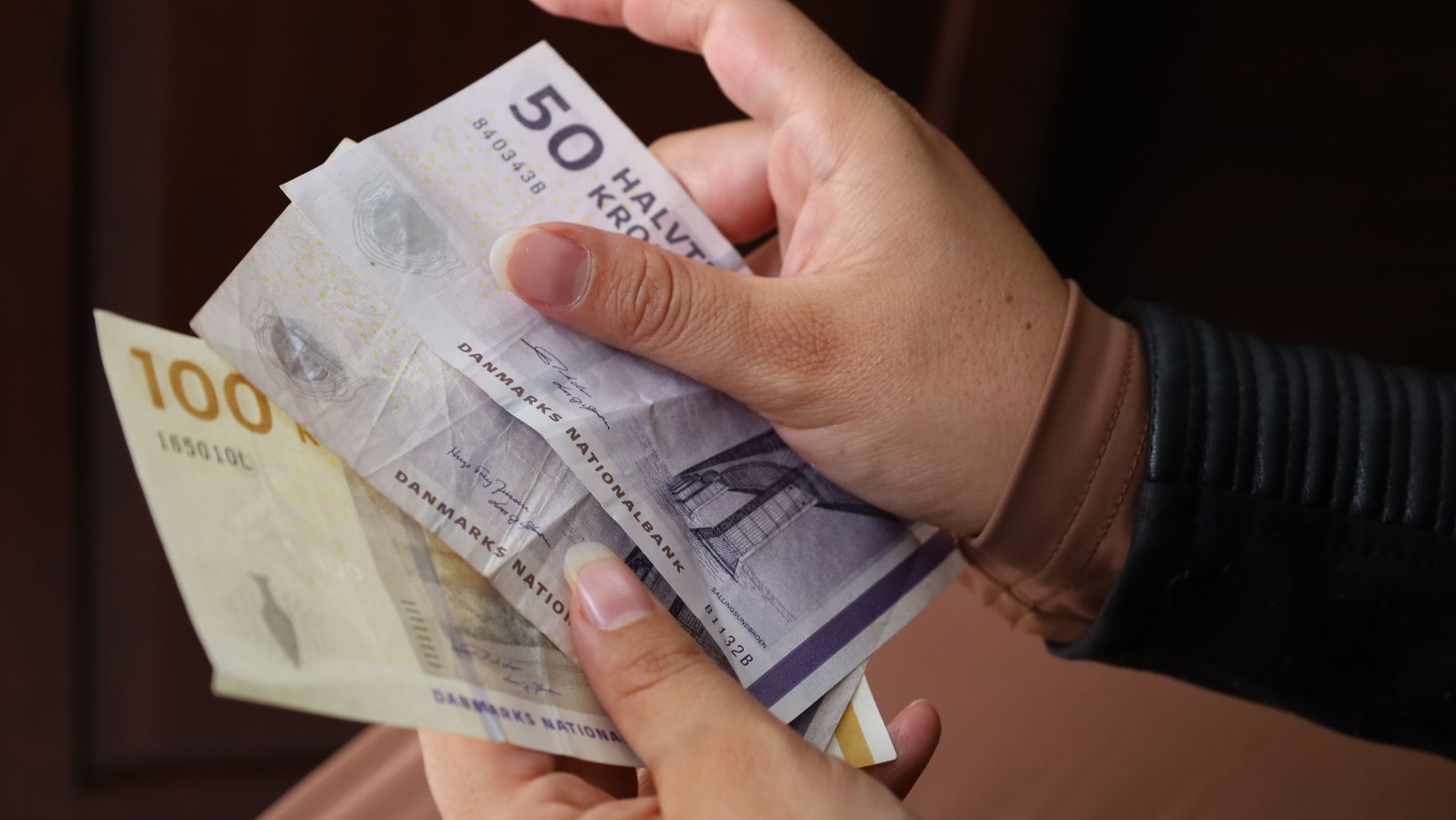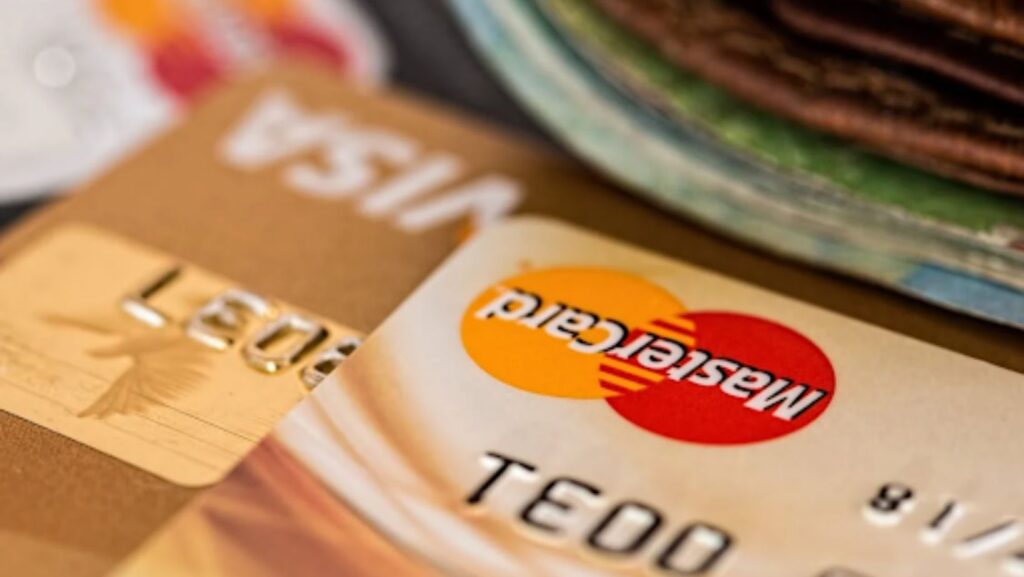Building financial resilience has never been more crucial in a world where financial markets fluctuate and economic stability can feel increasingly elusive. External forces can significantly impact personal finances, whether it’s inflation, a global pandemic, or market volatility. However, the good news is that building financial resilience is within your control.
It requires careful planning, strategic actions, and a mindset that embraces flexibility and adaptability. By implementing strategies that help you weather economic storms, you can protect yourself against the worst financial blows. For those facing credit challenges, check disputebee credit repair service to aid in improving your financial health.
Understanding Financial Resilience
Financial vulnerability can be defined as the capacity to cope, rebound, and adjust in the face of economic stress and financial difficulties. It is the ability to balance one’s expenditure and income during emergencies or when one’s source of income is cut off or any other hardship. Like how one builds up one’s physical strength to withstand stress and still bounce back quickly, financial resilience is strengthening one’s financial position to ensure that minor hiccups do not have to set you back.

Financial sustainability is not a ‘nice to have’ in the current world, but a ‘must-have. ’ This is possible only if you try to avoid waiting for things to go wrong and plan your income and expenses. With a cushion in place, minimized liabilities, and diversified income sources, you can address uncertainties in your financial life with confidence and stability.
Measures to Strengthen the Financial Stability
- Establish a Strong Emergency Fund: A solid emergency fund is the cornerstone of financial resilience. This fund acts as a safety net during unexpected financial strain, such as medical emergencies, job loss, or sudden major repairs. An emergency fund should cover at least three to six months’ living expenses, giving you ample time to adjust to changing circumstances without relying on debt. Additionally, incorporating strategic tax planning for upcoming changes can further enhance your financial stability by optimizing your tax situation in anticipation of shifts in income or tax laws.
Building this fund takes time, especially if starting from scratch, but consistency is critical. Set aside a fixed percentage of your income each month until you reach your target amount. Consider keeping this fund in a separate savings account that you can easily access when needed but not so quickly that you’re tempted to dip into it for non-emergencies.
- Reduce Debt and Liabilities: High debt is one of the greatest threats to financial resilience. Significant liabilities, such as credit card debt, student loans, or a mortgage, can quickly drain your resources during economic downturns. Paying your debt aggressively should be a top priority, starting with high-interest debts that can spiral out of control if left unchecked.

The quicker you can reduce your debt, the more flexible and resilient your finances become. Debt reduction frees up cash flow and allows you to allocate more towards savings and investments. It also reduces stress, allowing you to focus on long-term wealth-building instead of short-term financial survival.
- Diversify Your Income Streams: Relying on a single source of income can be risky, especially during economic uncertainty. Job losses, industry downturns, or unexpected medical leave can disrupt your financial stability if you don’t have alternative income sources. To build resilience, consider ways to diversify your income streams.
This can include starting a side business, investing in rental properties, freelancing, or leveraging the gig economy for additional income. Having multiple streams of income can lessen the blow if one source becomes disrupted and provide greater financial flexibility and security. Additionally, diversified income can speed up the process of debt repayment and savings accumulation.
- Invest for Long-Term Security: While saving for the short term is important, investing is crucial for long-term financial resilience. Putting your money to work through intelligent investments can help you build wealth over time and hedge against inflation. Consider contributing to retirement accounts, stock markets, or even real estate.
However, investing comes with risks, so it’s vital to approach it strategically. Diversify your investments across different asset classes and industries to reduce the impact of market volatility. And remember, investments are for the long-term—don’t panic during short-term market fluctuations. Keeping a steady hand will allow you to capitalize on market growth over time.
- Protect Your Credit: Maintaining good credit is another critical component of financial resilience. Poor credit can limit your access to loans, credit cards, or mortgages with favorable terms. Protecting your credit by regularly monitoring your credit report, disputing inaccuracies, and staying on top of payments is essential.
If your credit has suffered due to past financial difficulties, there are services that can help you repair it. Correcting errors on your credit report and ensuring that your credit reflects your true financial responsibility can open doors to better economic opportunities, from lower interest rates to increased borrowing power. This is where services like DisputeBee can help, enabling you to restore your credit standing.
Creating Strength for the Future
It is not a one-time thing but a journey to financial stability and sustainability that takes a lot of effort and time. It is crucial to check your financial status and make the necessary changes to stay on the right path, significantly when the economy changes. It is an ongoing process and takes time to develop, but the benefits are worth the time and effort. During the uncertain moments, you will have the confidence that comes with knowing you are ready for anything.
Conclusion
This paper will, therefore, discuss the need to be proactive in managing personal finances in an uncertain economy. Creating a good emergency fund, paying off debts, having multiple sources of income, saving for rainy days, and keeping a good credit score are some of the measures that can help one protect oneself from economic difficulties and be able to bounce back in case of any adversity. We may not know what the future has in store for us, but we can always be ready for it. Finally, for those seeking to move more proactively in safeguarding their financial well-being, products such as DisputeBee help rebuild and fortify your credit for your self-defense arsenal.

